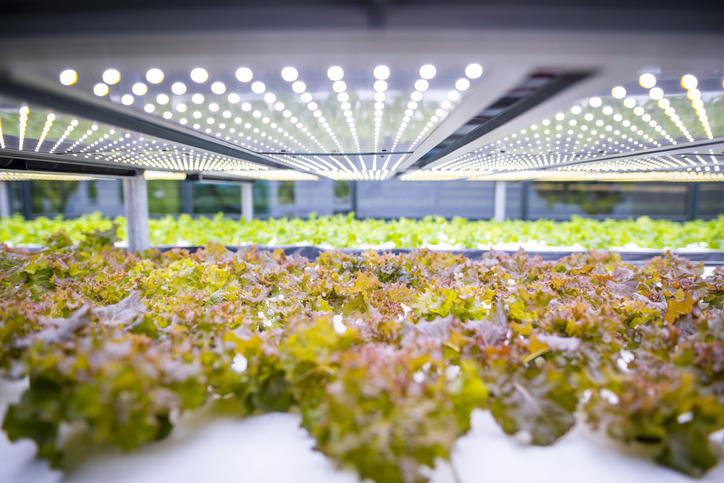£11.4M innovation centre in Norfolk set to open in July to reignite county’s food sector

The £11.4 million Broadland Food Innovation Centre in Norfolk will restore the county’s status as a major food producer, according to one of the directors of the project.
Work on the centre has been ongoing for the last 12 months and is scheduled for completion in July. The first tenants are expected to move in from August.
Companies that take up residence within the centre will have access to a suite of impressive facilities, including 13 food-grade business incubation units, two test kitchens, a sensory kitchen and meeting rooms.
The intention behind the project is to fast-track the growth of food and beverage companies, particularly within the Norfolk and Suffolk region of the UK, and to support supply chain businesses.
It comes at a time when the county, which has traditionally been a huge agricultural producer, has seemingly lost some of its prowess.
“When we look at how much food we produce at a farm-gate level and how much we process, the South-West and Scotland as regions have overtaken us,” Food Enterprise Park Director Clarke Willis told local newspaper Eastern Daily Press. “We are fifth in terms of adding value, and we should be first. I am really annoyed by that.”
Willis said the aim of the innovation centre is to influence how and what farmers are growing and what food businesses are doing with the resulting produce. Farmers and food businesses should work together to provide for the market, he said, to avoid a disconnect.
“For example, there is a massive agenda around pulses, but we are not growing enough pulses in this part of the world,” Willis explained. “[Currently] our whole structure of agriculture is based around growing wheat to go into the mills to feed pigs and poultry. That is not sustainable.”
Working this way, it is hoped the centre will improve the proportion of home-grown food processed in the region, thereby retaining value within the local economy.
East Anglia has become a point of focus for the wider food industry.
Nestlé, the Landscape Enterprise Network and others are also working in the region, partnering with 32 farmers and land managers to implement regenerative agriculture practices.
The consortium of supporters has given £1 million in funding to the project, which will run across the 2022 crop cycle.
Broadland Food Innovation Centre will sit within the wider Food Enterprise Park, which itself is a hub for forward thinking food businesses. The world’s largest vertical farm is currently being built on the site by Fischer Farms.
As well as the innovation centre site itself, the project will also offer a wide range of business support for eligible companies. Suitable businesses can access innovation support worth £250,000, given through the University of East Anglia (UEA), Hethel Innovation and Broadland District Council
The university, which is part of the team delivering the centre, has extensive experience within food science and agriculture having just come out top in the Research Excellence Framework rankings for research in these areas.
There is also a chance for interested start-ups and businesses to become a part of what UEA is calling a ‘world-leading’ Food and Drink Cluster. The cluster will unite agri-food research conducted by UEA academics with companies, to provide an “innovation ecosystem comprising business-led networks and open innovation opportunities”.
Much of the funding for the multi-million pound project has come from the European Regional Development Fund and the New Anglia Local Enterprise Partnership. The parties have invested £5.7 million and £4.14 million respectively.
As the completion date nears, interest is already high in the centre, according to Emily Larter, Growth Delivery Manager for Broadland and South Norfolk Councils.
“We have had lots of interest from potential tenants, from all types of food and drink businesses,” she told the same publication.
“We have designed the project in a way that encourages collaboration, and the units are British Retail Consortium standard, subject to getting the certification when the tenants move in, which means tenants can immediately be in a facility that enables them to get their products into supermarkets.
“It enables them to take quite a significant leap in terms of the market they can reach. That could be quite a significant thing for the small businesses we are talking to.”








